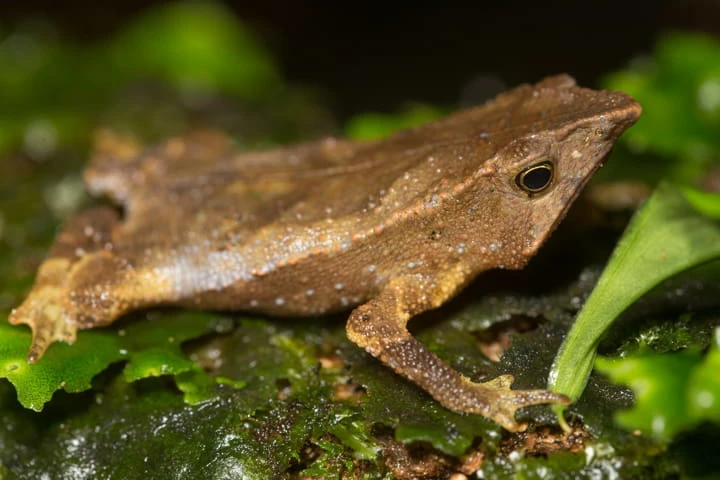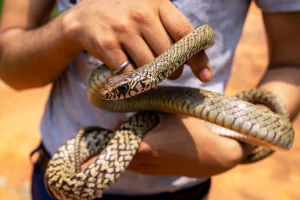There was no end of joy and surprise among the scientists, especially those who study toads, when it was found that an Ecuadoran toad considered mute, broke its silence after 100 years following its discovery!
The good fortune of hearing this sound was bestowed to Ecuadoran biologist Jorge Brito. Walking through the forest he heard what sounded like a cricket’s chirp. Talking to the media, Brito who is from National Biodiversity Institute said: “At first I thought it was some sort of cricket out there vocalizing, but then I paid attention.”
The details of this amazing discovery and the sound have been published in Neotropical Biodiversity magazine in February.
The sound emanated from Rhinella festae, a toad with prominent nose and rough skin and brown in colour and which for the last 100 years was considered to be mute.
Brito picked it and took it to study with Diego Batallas, his colleague, who told AFP that “the first time I heard it, I said: Wow, that's not the sound of a toad, it's like a little bird. It is the first time this unique song of the Rhinella festae has been recorded and it's surprising because it shouldn't sing.”
The toad lacks the vocal sacs that enable most other amphibians to increase their calls to be heard to one kilometre away. "The fact that this species can sing (without the vocal sack) makes it unique," said Batallas.
Batallas feels that the toad evolved such a faint sound as an anti-predator measure to ensure that it is not heard far.
Measuring between 45 and 68 millimetres in length this toad lives in Cutucu and Condor regions which are mountainous. Their habitat extends over into the Amazonian region of Peru.
Ecuador boasts of 623 types of toads or frogs of which 60 per cent are at risk of disappearing.
Also read: Listen carefully as fishes have been talking for the last 155 million years




















